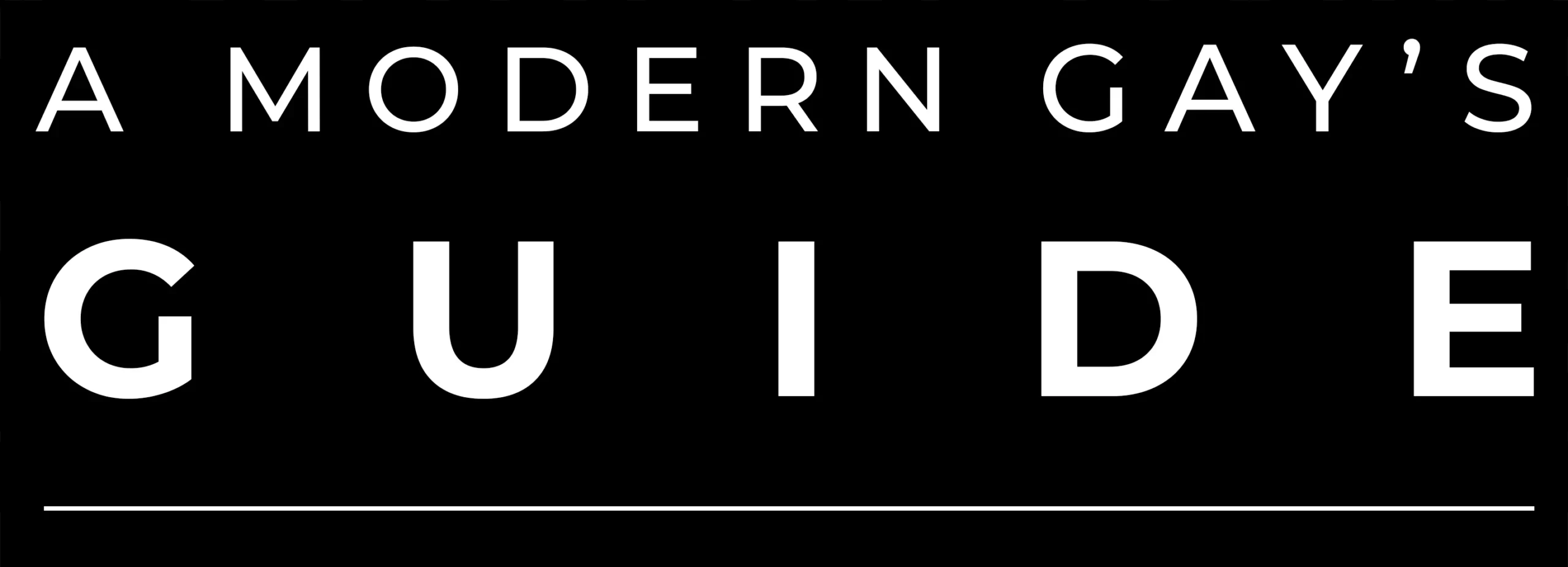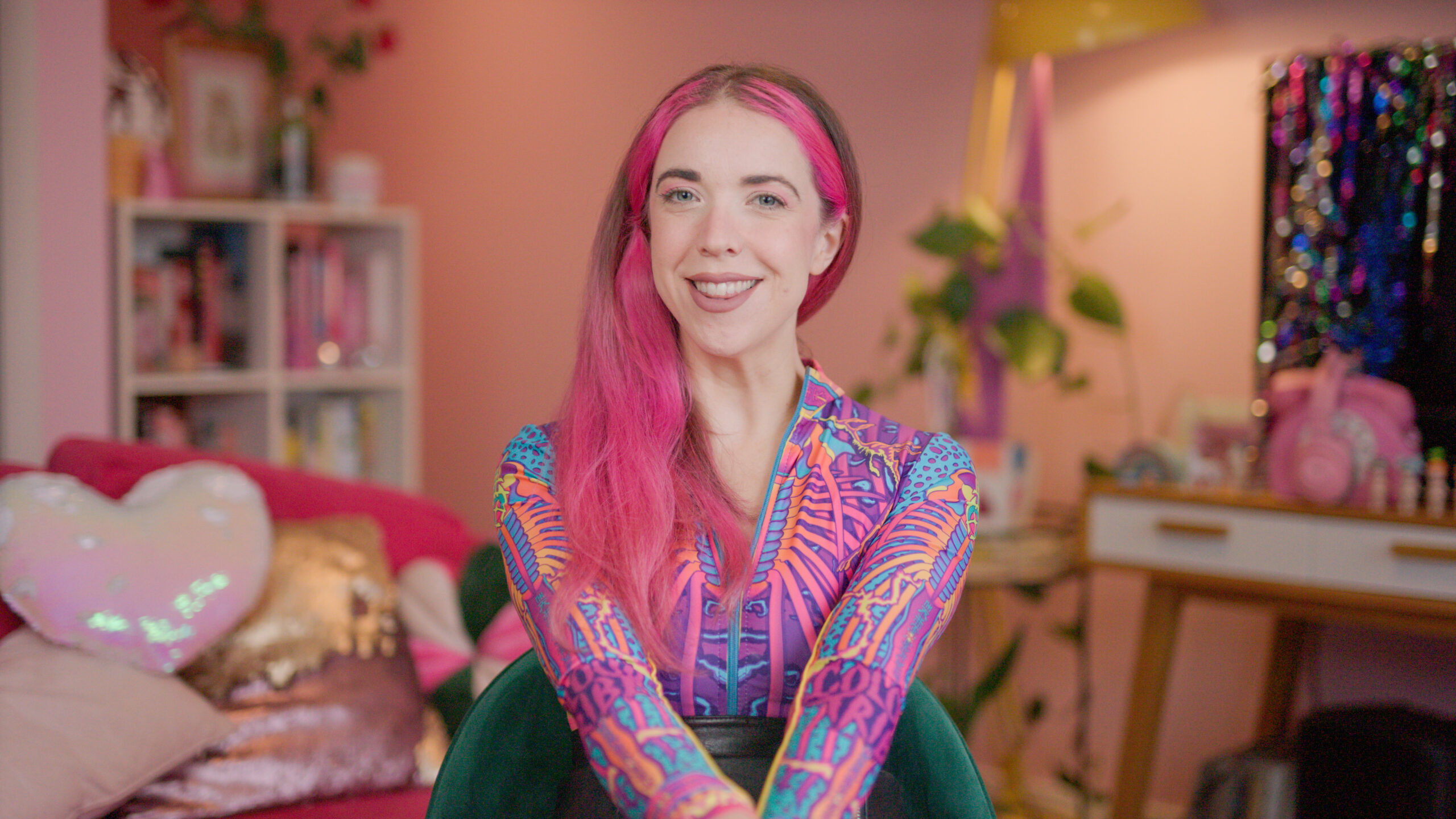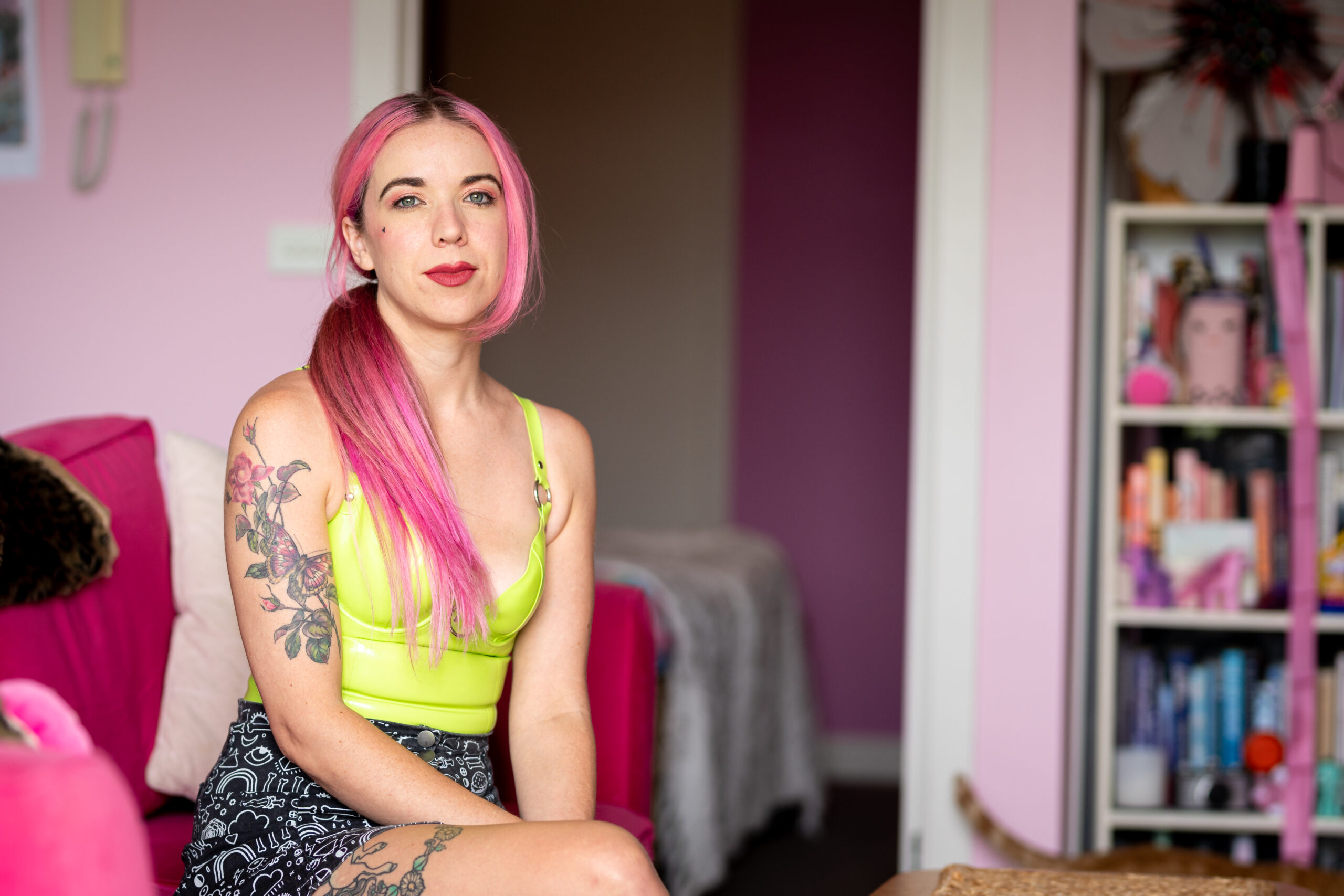Fronted by investigative journalist Jess Hill, ‘Asking For It’ is the highly awaited follow-up to SBS’s highly acclaimed ‘See What You Made Me Do’ docuseries. Presented by Hill – and featuring a number of guests – ‘Asking For It’ is a landmark documentary breathing new life into a nation-wide conversation about the rampant and widespread sexual violence affecting millions of Australians every day.
Over three episodes, Hill is joined by the victims and survivors leading Australia’s consent revolution, delving into their experiences manoeuvring the legal system, fighting for law reform, and coping with trauma.
A Modern Gay’s Guide talks to one of these participants, Adele (Delsi) Moleta, a proud queer woman and Founding Director of the LGBTQIA+ organisation Unicorns which focuses on producing safer spaces for the queer community.
Moleta discloses why she felt compelled to be a part of ‘Asking for It’, saying, “I think consent has been at the forefront of a lot of decision making regarding my LGBTQIA+ event space unicorns. I’ve always been passionate about creating safer queer spaces, so when they approached me, interested in exploring the strategies [she’s used], I was like, yes, please shine a light on this because I’d love to see more spaces utilising a similar strategy.”
She elaborates, “I’m also passionate about positive representation of queer people on our screens. I feel like we do sometimes see a lot of the negative reality of being a queer person in Australia, and I’d love to showcase the beautiful joy that so many of us to experience when we step into spaces like the ones I’ve created, like Unicorns.”
‘Asking For It’ heavily involves the activists who are forcefully leading change in Australia and learns why they are insisting on quality consent education embedded across our national curriculum, from kindergarten through to year 12.
From schools to universities, aged care, and institutions, this series asks: how can we change our rape culture into a consent culture?
Moleta discusses how the lack of consent education she received in childhood affected her life going forward, stating, “I remember sex education being in year nine for maybe like three lessons, and I remember we clearly spoke about some of the fears around sex that they often conjure up when you’re going to high school…so they talked about like STI’s, and pregnancy. I suppose the negative things in relation to sex.”
“There was no conversation around pleasure, consent or having control over your body and who gets to touch it. And I think because there weren’t conversations really happening around me regarding sex and consent, I had some confusion about what consent was. I remember thinking if you’re not physically pushing someone off you, then it can appear like you let it happen and therefore it’s your fault. If you didn’t run, it’s your fault. You didn’t do anything about it.”
She goes on to add, “so, I think because of some of the negative sexual experiences I had when I was younger, I didn’t even really understand that I hadn’t consented and that it was assault for many years. It took me till I was about 18 for the first time I spoke to an adult about something that that happened to me because for years, I just thought, ‘Oh, it is my fault’. And sometimes when these things happen to you, and you’re a young person and people find out about it, you get branded something like a slut and then all these negative connotations fall on us and I think if there was better education for me in that time, I would have understood clearly what had happened was really wrong and I could seek support, and I think the negative mental health stuff that can follow you can be addressed much quicker.”
When it comes to LGBTQIA+ sex education in the classroom, the former secondary school teacher says, “I know what it’s like currently in some of the school systems, and it’s improving but I also think it depends on what school you go to, and who your teacher is.”
“If your teacher is an LGBTQIA+ person themselves, they’re going to be able to have much better understanding of the content and knowledge and be able to deliver it. I think what would be great would be to see more training for teachers in the school system, so they know how to better support the queer kids in their networks. It’d be great if ‘Safe Schools’ programs rolled out in every school across Australia so kids have access to safe queer spaces, and teachers were taught how to deliver that content effectively…or at least hiring people to come in and talk about queer sex ed.”
“I think it’s integral, I think it’s life changing, and I think it’d do wonders in terms of normalising the queer experience.”
‘Asking For It’ explores the sexual revolution we’re all living through; one that’s taking us from the ‘sexual liberation’ of the 1960s and 70s to the era of ‘enthusiastic consent’.
It’s a series that Moleta thinks is essential viewing, stating, “It’s such an important documentary. I’m so thrilled that it’s happened. These conversations need to happen more broadly, so being able to platform this topic in a mainstream space like SBS, it has the capacity to really change the mindset, and hopefully change laws around affirmative consent.
She continues, “I’m proud that we’ve got some really beautiful queer representation included as well and that we’re showing how you can do consent well.’
“Consent can be fun, exciting, sexy, hot and I think this documentary does a good job of showcasing that as well.”





